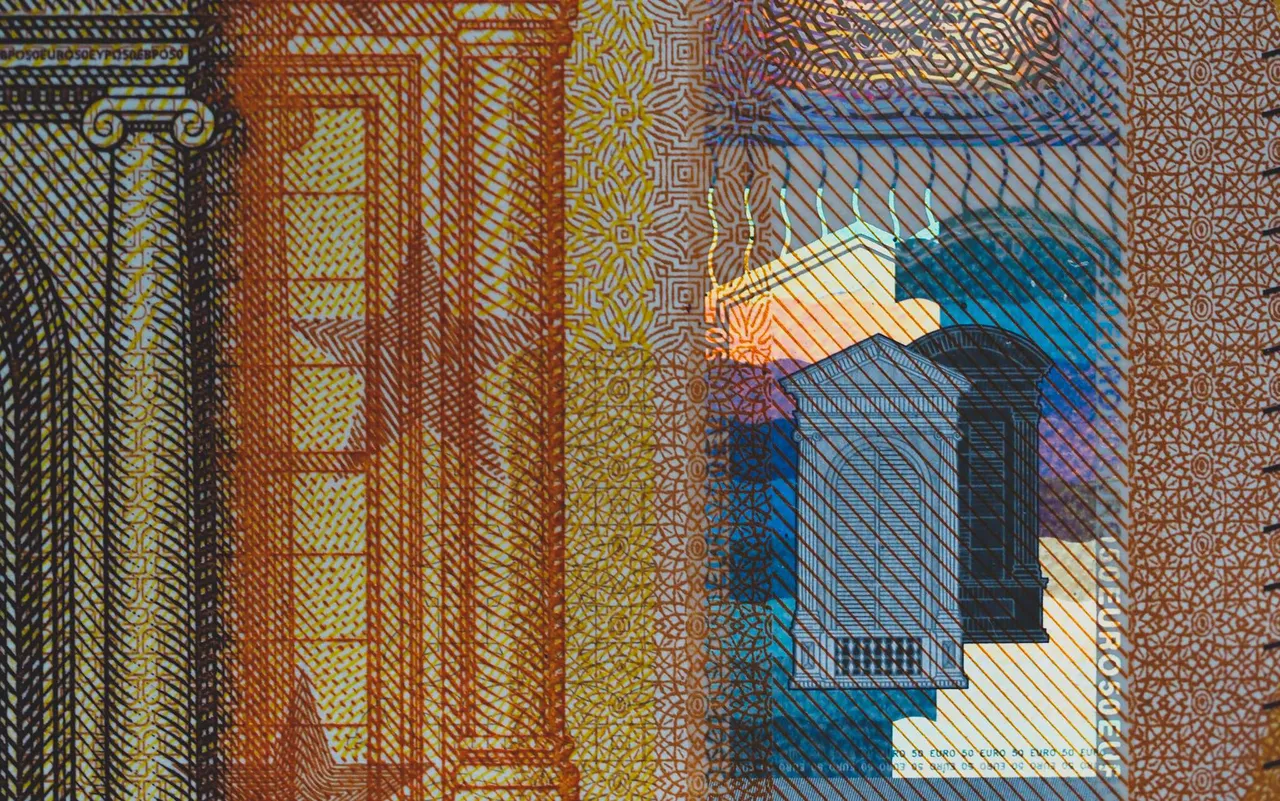On the back of industrial strike action from various unions, a session with clients brought up a couple interesting discussions. One of them was about pay rises, another about how people don't focus on the right things. This led into a discussion on inflation, interest rates, and progressive tax brackets.

While everyone focuses on what they take home in their pocket each month, they don't look at whether it actually makes a difference and for some, getting more is going to be quite a lot worse. This is because it is going to nudge them over the line from one bracket to the next, in a more you earn, the more you pay situation. And, because the brackets don't change with the rate of inflation, earning more will make people are going to be increasingly worse off, because the money has less buying power.
But, what is interesting is that this isn't what happens with corporate tax, as that is flat, no matter how much they earn. In fact, generally, the more they earn, the less tax they end up paying percentage-wise, as they are able to creatively account it down. This means that there is a growing gap between the earnings of corporations and that of people, even though a corporation is a legal entity that has all the same rights as a person economically - it can own property, but never have to pay inheritance tax. Just keep generating income for the passive owners, who are taxed at a lower rate than if it was earned income.
And, the passivity of that income is an issue too, as while we might all want passive income, it actually breaks the system. The only way passive value is generated, is when some percentage of active value is not given to those who create it. This is business. Someone creates 100 units of value and gets paid 50 units, 30 go to costs and the last 20 go to the owners. That last twenty can be used to invest into hiring another 100 unit generator, so that 40 units are earned. So on and so forth.
Wealth gaps.
In the past this wasn't the case, as everyone in the small tribe had to generate enough value to be supported. In a tribe of 100 for example, there might be 30 children, 50 working adults and 20 elders. The workers add value as the elders had done earlier, but the elders pass on the knowledge to the children that will allow them to add value in the future. This way, it is a closed system, with value circulating throughout the tribe.
But, if there is value leakage, where for example 20 percent of the food is extracted from the group, it will lead to there not being enough value to maintain the system I harmony. The working adults would either have to work more or, reduce the burden on their work, lowering quality of wellbeing for the adults, having less children or, both. Even though the tribe is producing the same, the quality of life decreases across all sectors.
This is a simplification, but this is pretty much what happens in the economy, where the extraction from non-value-adding extractors are increasingly widening the value gaps and eventually, it is unsustainable and collapses. There isn't enough resources or desire for the value producers to keep generating and, there is not enough skilled young to replace them. And for a time at least, there is also a growing number of aged ex-producers, who are no longer utilized to develop the next generation.
Population control.
But, the corporations themselves are able to operate in this environment transferring value amongst themselves as they rise and fall, replacing each other, but not leaking value back into the system to support the producers. Not until there is a catastrophic event will it adjust, where for example, millions of people (and value producers), as well as value holders are killed in a war, releasing the held value like a carbon sink back into the economic atmosphere for new sinks to develop to capture and concentrate it again.
Rinse and repeat.
While at a global natural level, the resources of the universe balance, the economy is not a natural system, it is imperfect and broken. This doesn't mean it can't be used effectively, which is why those who know how are able to build such an advantage over those who are ignorant. And while ideally it would be better to replace the entire shemozzle that it is, the first steps are for people to build an understanding as to why they should. This is not easy, because people don't know any different, which makes imagining different, near impossible.
What I am noticing though, is that people like my clients today, are changing their perceptions of the economy. Skeptics of alternative ideas are beginning to see the façade that not only is the economy, but the reporting in the news too, where there is a growing distrust, even in places like Finland that typically have high confidence. But, it also seems to be getting more polarized, so while more are changing their views, others are doubling-down, creating a larger gap. This in itself will lead to inequalities of outcome, in the same way education gaps do.
While the unions are driving industrial actions and putting their workers on strike, I wonder at what point the collective bands together, downs tools and opts out of the traditional economy as a whole. Trade will still need to happen, which means that alternatives will have to be in place, but if the alternatives are functioning better than what was previously used, why go back?
Taraz
[ Gen1: Hive ]